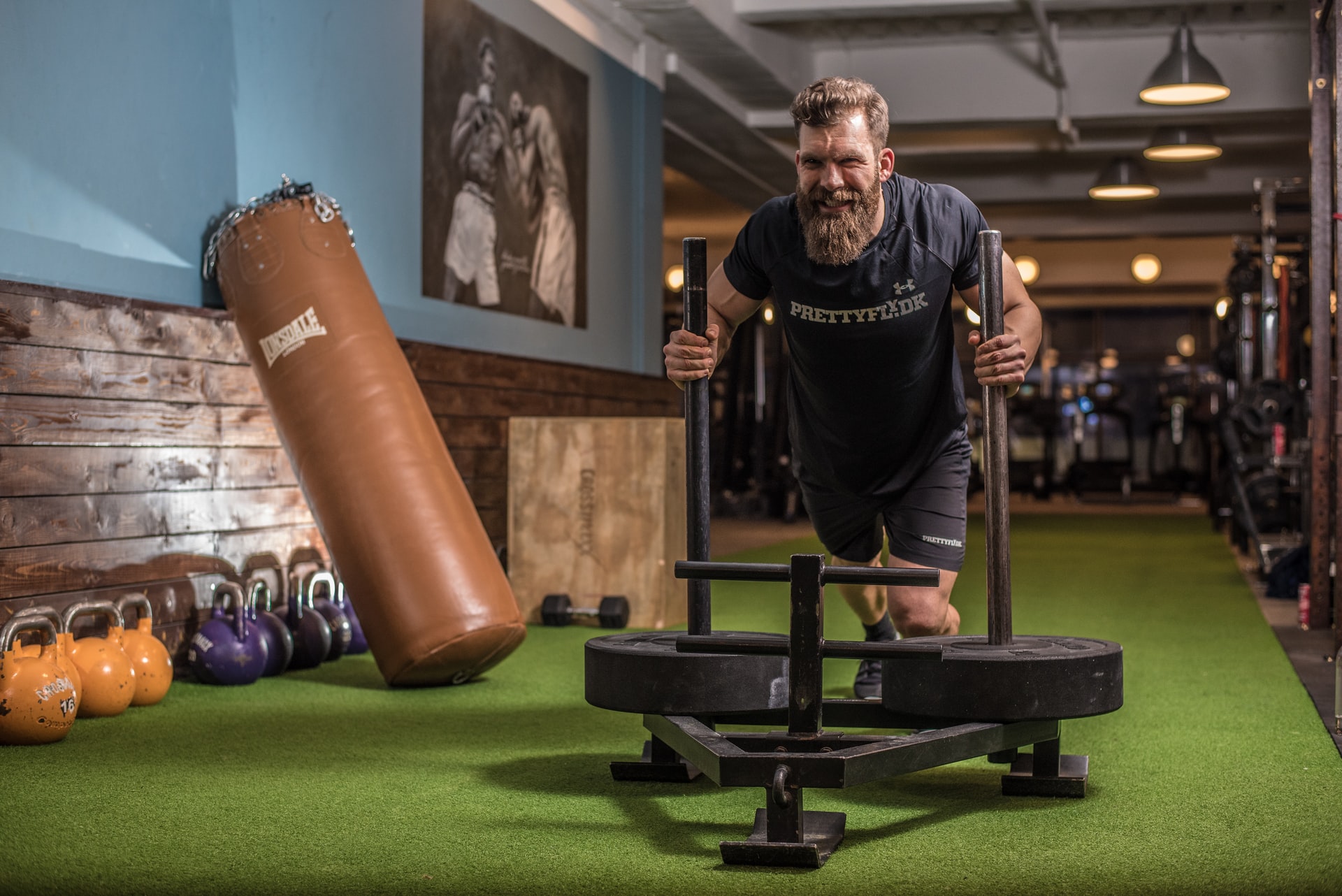LATEST TOPICS
TRAINING
BOOM138 | AGEN SLOT ONLINE GAMPANG MAXWIN 2024
Boom138 merupakan agen slot online gampang maxwin terbaik dan terpercaya di tahun 2024 yang dapat [...]
Read MoreLegal anabolic alternatives
If using illicit anabolic steroids or human growth hormone would put your health at risk, [...]
Read MoreNov
NUTRITION AND DIET FOR PARKINSON’s DISEASE
More than 10 million people are living with Parkinson’s disease as we speak. While many genetic and [...]
Read MoreNov
THE INS AND OUTS OF FAT BURNERS
When you consider the process of burning fat, and fat burners in specific, you will [...]
Read MoreAug
BLOOD FLOW RESTRICTION TRAINING
BLOOD FLOW RESTRICTION TRAINING: DOES IT REALLY WORK? Blood flow restriction training or BFR is [...]
Read MoreAug
WHAT ARE BCAA’s AND DOES IT DESERVE ITS RECOGNITION?
Even with the most basic understanding of nutrition and physiology of the body, most of [...]
Read MoreJul
THE EFFECT OF EXERCISE ON MENTAL FATIGUE
Connecting the link between your brain and exercise and how can it affect your performance? [...]
Read MoreJul
TREADMILL RUNNING VS. JUMP ROPE: WHICH IS BETTER?
Treadmill Running Cardio is an effective workout for burning more calories in a short period [...]
Read MoreApr
NUTRITION
WHAT APPLE CIDER VINEGAR DOES TO YOUR BODY
Apple cider vinegar has long been praised for its many health benefits, with everything from [...]
Read MoreJul
IS YOHIMBINE A FAT BURNER THAT ACTUALLY WORKS?
Yohimbine is a very popular supplement that has gained some traction recently in the fitness [...]
Read MoreJun
UNDERSTANDING THE IMPORTANCE OF COLLAGEN
Collagen is one of the latest buzzwords in the health community. It is difficult to [...]
Read MoreJun
THE ROLE OF YOUR MENSTRUAL CYCLE ON EXERCISE AND NUTRITION
Women are truly exceptional when it comes to physiology. Every 24 to 32 days the [...]
Read MoreJun
SUPPLEMENTATION: 4 SUPPLEMENTS YOU SHOULD BE USING AND DOES IT DESERVE THE HYPE?
I still remember the first time I bought a dietary supplement. It was a max [...]
Read MoreMar
CREATINE 101: WHAT AND HOW?
Prometheuz Health – Creatine 101 Creatine is a naturally occurring substance, which means you have [...]
Read MoreJan
WORKOUT
HOW TO PROPERLY USE PRE-WORKOUT
How to properly use Pre- Workout supplements to boost performance Pre-workouts are a popular supplement [...]
Read MoreSep
THINGS TO AVOID FOLLOWING A WORKOUT
Things you should be avoiding following a workout A lot of emphasis is placed on [...]
Read MoreMay
THE ULTIMATE SKINNY GUY’S GUIDE TO MUSCULAR GAINS
If you consider yourself a difficult person for Muscular Gains? And you find that no [...]
Read MoreApr
HOW TO BREAK THROUGH A WORKOUT PLATEAU
A workout plateau occurs when you stagnate on your workout progress despite doing ‘all the [...]
Read MoreApr
TOP TIPS FOR GETTING IN SHAPE AFTER 50
Turning 50 and looking to get into shape? Can you still get in shape after [...]
Read MoreApr
CROSSFIT: THE PRO’s AND CON’s
Crossfit exploded onto the scene in the last decade as one of the most popular [...]
Read MoreMar
KIDS
GETTING KIDS ACTIVE: EVERYTHING YOU SHOULD KNOW
In the 21st century people are becoming less and less active as most labour and [...]
Read MoreMar





















